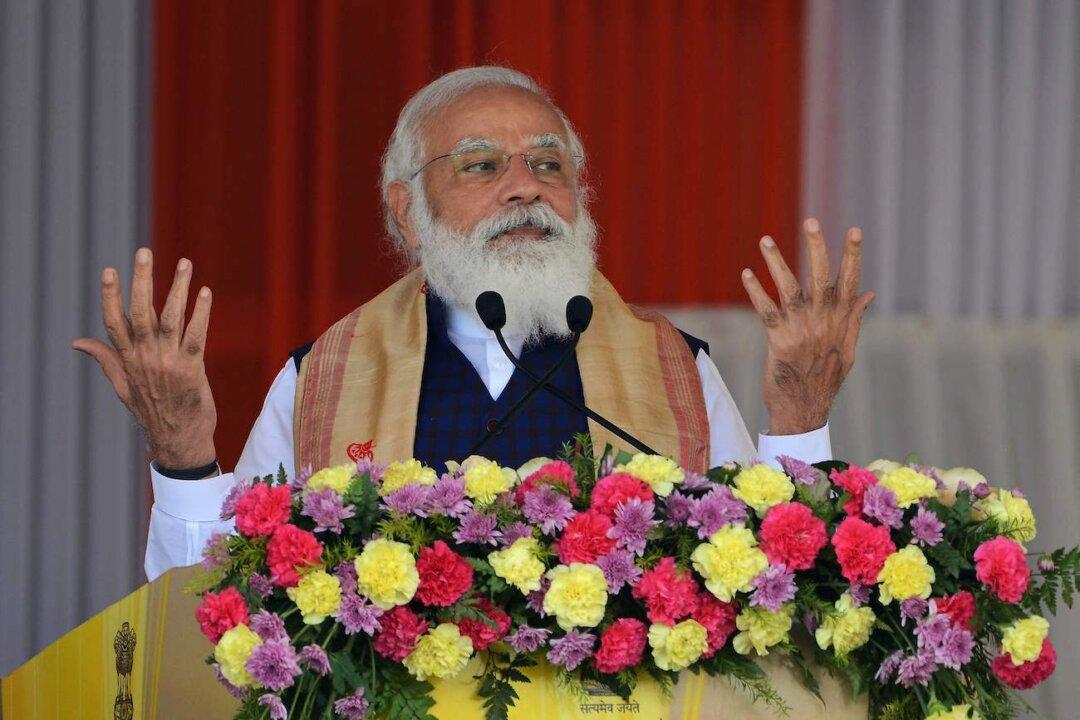The United Nations must change its “mid-20th century” approach to retain relevance in today’s “multipolar world where institutions are extremely important for a rules-based order,” Indian Prime Minister Narendra Modi said.
In an interview with the Press Trust of India (PTI) on Sept. 3, Mr. Modi said the U.N.’s outdated approach “cannot serve the world in the 21st century.” He urged the international institution to rethink its priorities.





